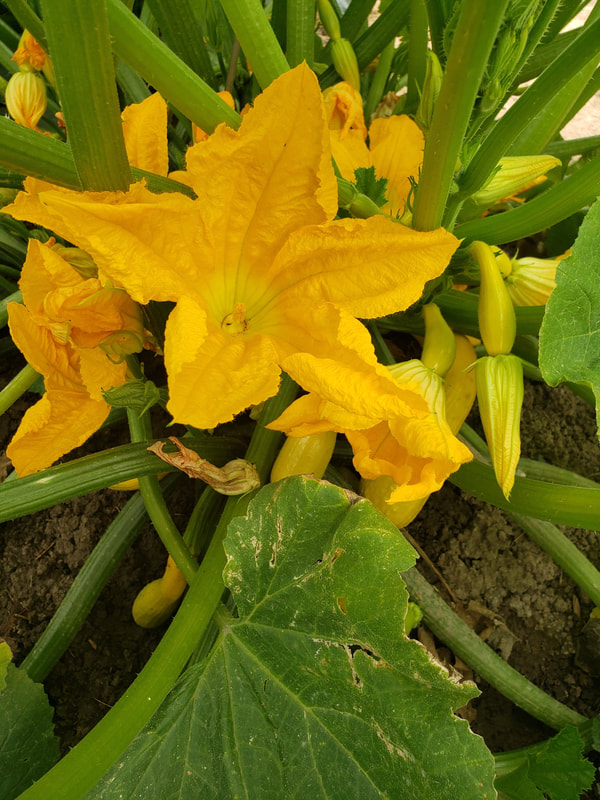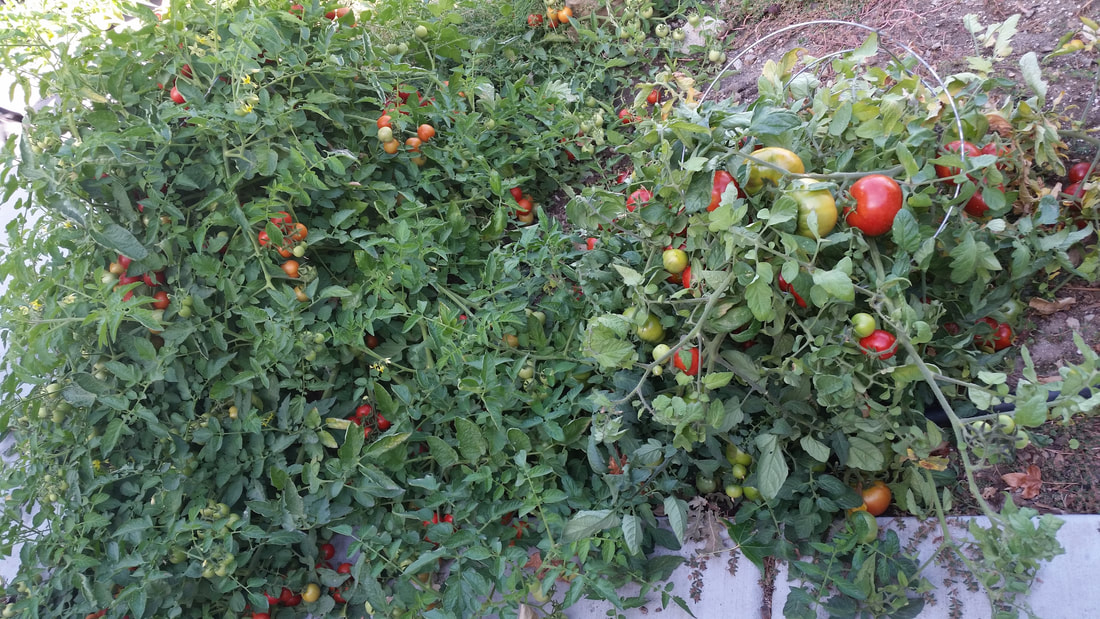Juicy, dripping, brilliant red tomatoes warmed by the sun tasted almost as good as chocolate. Eating what we grew meant working for it as well. Mom showed me what to pick and later, she just told me what she wanted me to bring back to the house. I learned how to snap beans, shell sweet peas, dig potatoes, pick tomatoes. I peeled smooth, cool, refreshing cucumbers sliced into a bowl with an onion, soaked in salt water overnight, then added to sweet cream and/or vinegar with salt and pepper, just couldn’t be beat. That tart taste broke the heat.
I helped Mom can the bounty. We gathered red rubber seals, golden rings the toddlers wore as bracelets, and the bright new lids that she bought in town. We hauled Ball canning jars up from the cave. Brother Gaylen carries scars to show his helping hands. On a jaunt down the stone steps, he slipped on the green moss that grew toward the bottom from the moist, dark atmosphere. He landed on broken glass. Neither of us remembers who came to his rescue. I probably did because of Mom’s distaste for the sight of blood.
Mom scalded fruits and vegetables. Sometimes I helped by dipping the fruit into boiling water, and then packed it into jars. Salt went on the veggies and sugar on the fruit. Mom sealed the jars and put them in the pressure cooker to boil. I never did any canning myself as an adult, so I don’t know the timing of it all. A wire rack held the jars, and Mom removed it by grabbing the handles with potholders. Those jars cooled and others replaced them in the canner.
Compared to the heat of the canning kitchen, I welcomed the respite of trips to the cool cave. Our house turned as hot as the barn in late summer. Thank goodness, the kitchen smelled heavenly. A fan only ruffled our hair as we walked by.
Canning and freezing vegetables was an annual ritual. I remember doing corn more than anything. First, it’s picked early, when not a breath of air whispers between the corn rows. The only moving things were sweat and bugs. We yanked an ear off the stalk and shucked in the field. The riper it was, the starchier the silks felt. Touching worms was part of the process. Gathered in bushel baskets, we carted off the corn to the heat and humidity of the kitchen. A breeze was only created if a person moved fast past another. Cooked, and then retrieved by tongs, we sometimes scorched our hands from the steam. Once cooled enough to handle, we sliced the kernels off the cobs. The final step: measure and scoop the sweet gold into freezer bags. Thawed, cooked with butter, salt, and pepper come winter, equaled our reward.
How many of you work that hard in your kitchen today?



 RSS Feed
RSS Feed
